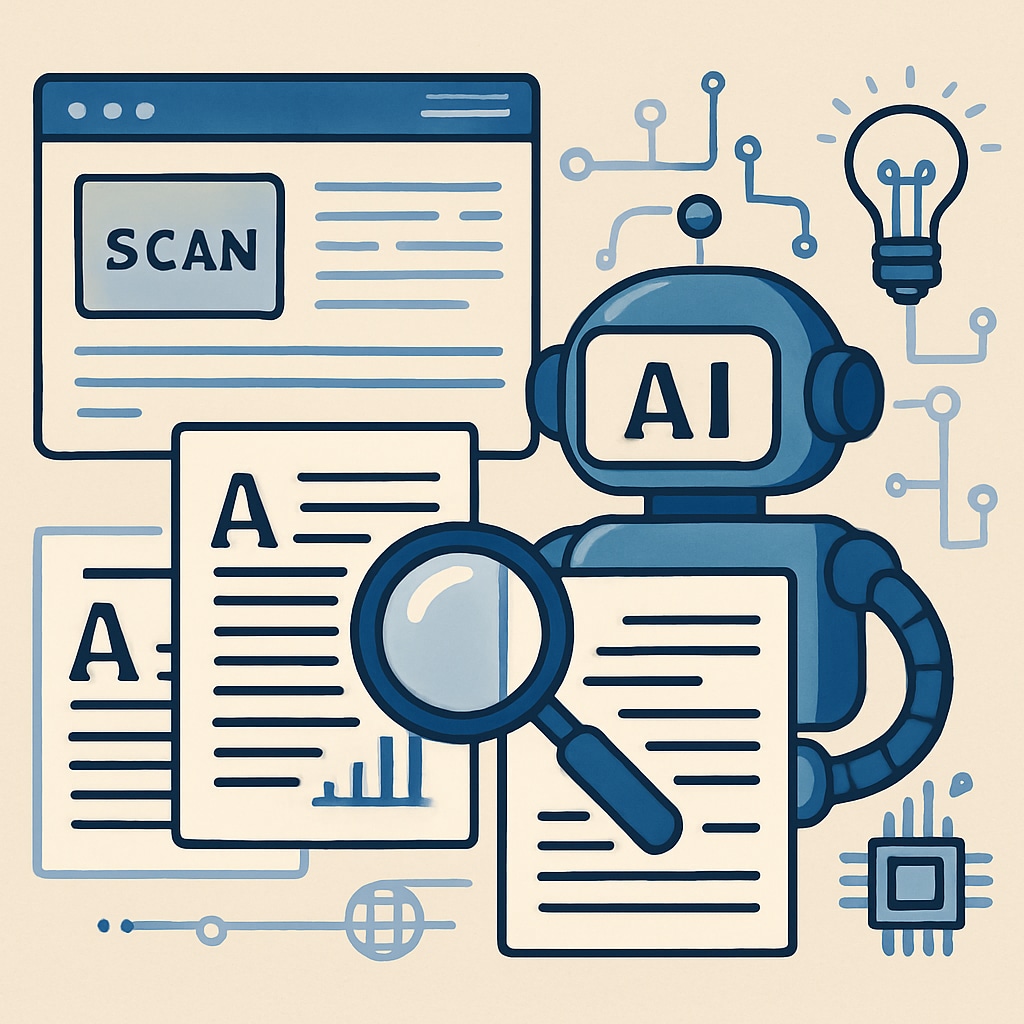In the evolving landscape of education, sports teams are taking innovative measures to address academic integrity issues. By leveraging AI detection tools, these teams aim to combat academic misconduct while fostering a culture of honesty and accountability. The integration of technology not only supports ethical standards but also reinforces the core values of sportsmanship. This article explores the use of AI, its benefits for student-athletes, and how such measures offer valuable insights for K12 educational institutions.
The Intersection of Academic Integrity and Sportsmanship
Academic integrity and sportsmanship share common principles: fairness, respect, and accountability. For student-athletes, maintaining these values is essential both on the field and in the classroom. However, the pressures of balancing academics with rigorous athletic schedules can sometimes lead to lapses in judgment, resulting in academic misconduct. Addressing these challenges requires proactive measures that promote ethical behavior while providing students with the tools they need to succeed.

How AI Detection Tools Are Changing the Game
AI detection tools have emerged as a powerful resource for identifying academic misconduct, such as plagiarism and unauthorized collaboration. These systems use algorithms to compare submissions against extensive databases, flagging potential violations for review. By implementing these technologies, sports teams can ensure that student-athletes uphold academic standards, fostering a culture of integrity.
Key benefits of AI detection tools include:
- Efficiency: Rapidly analyzing large volumes of data to identify issues.
- Accuracy: Minimizing human error in detecting academic violations.
- Education: Helping students understand what constitutes misconduct and how to avoid it.

Positive Impacts on Student-Athlete Development
Implementing strict academic integrity measures can lead to significant benefits for student-athletes. By prioritizing honesty and accountability, these initiatives prepare students for future challenges both within and beyond their sports careers. For example:
- Enhanced Time Management: Encouraging students to balance academics and athletics responsibly.
- Character Building: Instilling values that translate into personal and professional success.
- Improved Academic Performance: Promoting a deeper understanding of course material through ethical practices.
As a result, student-athletes not only excel in their respective sports but also develop critical life skills that contribute to their overall growth.
Insights for K12 Institutions
The practices adopted by sports teams in addressing academic integrity provide valuable lessons for K12 institutions. By integrating AI detection tools into their educational frameworks, schools can create environments that prioritize ethical behavior. Additionally, combining technology with mentorship programs ensures that students receive the guidance they need to navigate academic challenges.
For K12 institutions looking to implement similar measures, consider the following steps:
- Assess Needs: Identify areas where academic integrity is most at risk.
- Choose the Right Tools: Select AI systems that align with institutional goals.
- Educate Students: Provide training sessions on ethical practices and the consequences of misconduct.
- Monitor Progress: Regularly evaluate the effectiveness of implemented measures.
By adopting these strategies, schools can foster a culture of integrity that benefits all students, not just athletes.
Conclusion: A Holistic Approach to Integrity
Maintaining academic integrity is crucial for the holistic development of student-athletes. By utilizing AI detection tools, sports teams set a precedent for ethical behavior while supporting students in their academic and athletic pursuits. The success of these initiatives highlights the importance of proactive measures and offers a blueprint for educational institutions seeking to promote integrity and excellence.
As technology continues to evolve, its role in safeguarding academic standards will become increasingly significant. For sports teams, educators, and administrators alike, embracing these innovations is a step toward building a brighter, more ethical future for student development.


